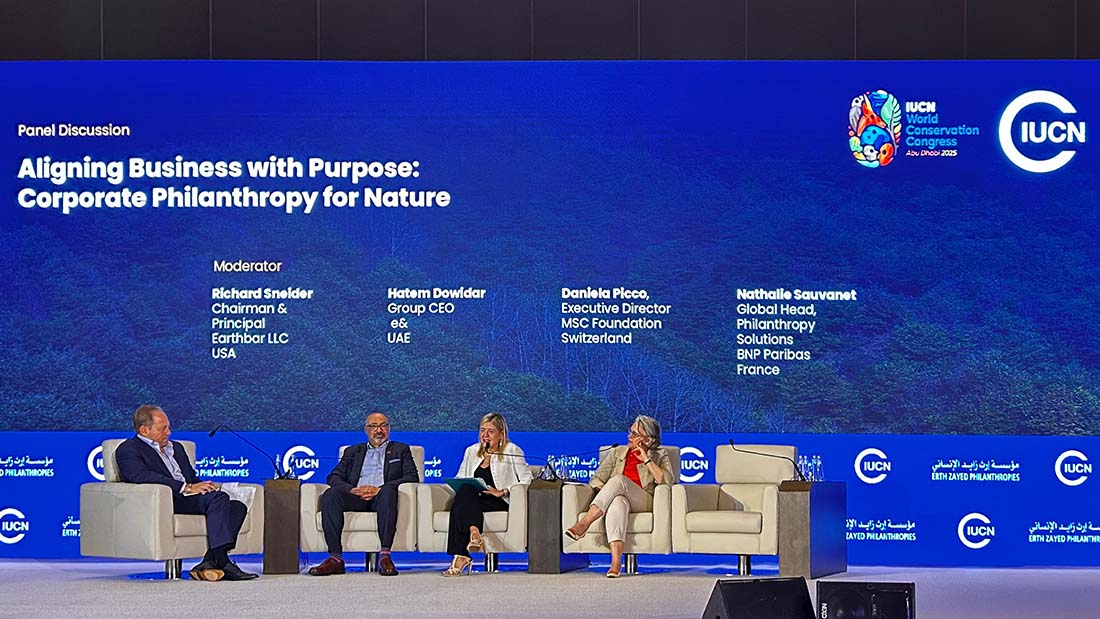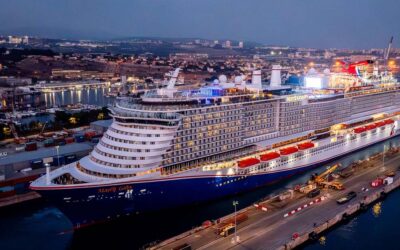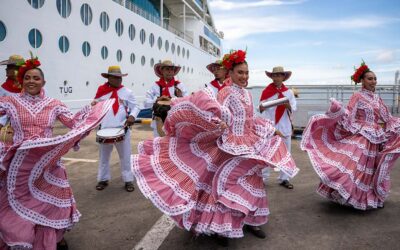The MSC Foundation has reaffirmed its role as a promoter of conservation initiatives and scientific philanthropy through its recent participation in the IUCN World Conservation Congress, held last week. This quadrennial event brings together government leaders, scientists, and philanthropic organizations to define action plans for conservation and sustainable development.
During the congress, the MSC Foundation led discussions on marine restoration, scientific research, and environmental education, highlighting the example of Ocean Cay Marine Reserve island in the Bahamas. This location, transformed from an industrial site to a restored natural environment by MSC Cruises, now serves as a reference for coral restoration projects and scientific training for marine science students, in addition to hosting community awareness initiatives at its Marine Conservation Center.
Since 2023, the MSC Foundation, in collaboration with the International Union for Conservation of Nature (IUCN), has supported the global assessment of threatened coral species and ecosystems for the IUCN Red List. This tool guides key actions to prevent biodiversity loss and promote the recovery of at-risk species and habitats.
Executive Director Daniela Picco emphasized that corporate philanthropy, when well-focused, enables people to connect with nature and test solutions that balance conservation and tourism. She highlighted the importance of equity and inclusive development as pillars of environmental philanthropy.
For her part, Dr. Grethel Aguilar, IUCN Director General, emphasized the role of the Philanthropic Summit as a starting point for stronger partnerships between organizations and individuals committed to environmental well-being and climate resilience.
Super Coral Program and Reef Restoration
Among the initiatives promoted by the MSC Foundation, the Super Coral program stands out, developed in partnership with the University of Miami and Nova Southeastern University. Since 2020, it has offered graduate training in marine sciences, focusing at Ocean Cay on research of resilient coral species and the restoration of elkhorn coral, critically endangered.
The opening of the Marine Conservation Center in April 2025 has enabled the expansion of scientific and educational projects, with key achievements including marine ecosystem restoration and the promotion of marine science and education.




